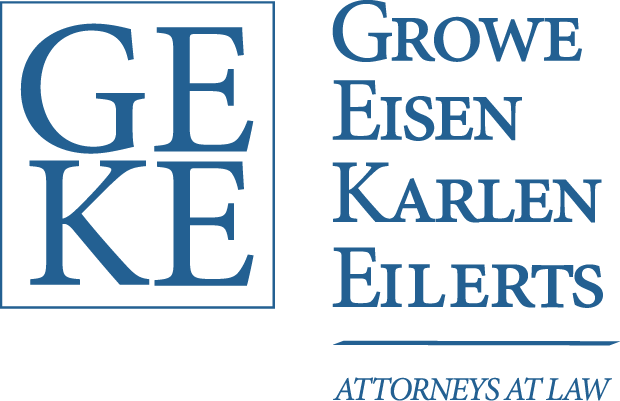Over the past decade, judges and lawyers have been promoting the use of mediation as a potential means of alternative dispute resolution. Lawyers typically approach preparation for mediation similar to preparing for a court hearing, and it is easy to understand why. First, exhibits must be reviewed and organized. Second, evidence must be marshaled for use during the joint session as well as during the private caucuses with the mediator. Third, confidential memorandum are prepared for the mediator in an effort to pre-condition the mediator to accept the merits of the lawyer’s case.
However, preparation for mediations requires much more than preparing for an adversarial presentation. It is easy to overlook that a critical part of premeditation work is preparing the client for the potential emotional roller coaster of a day devoted to mediation.
Representing individual plaintiffs in mediation is distinct from representing defendants and requires additional time and attention to plaintiff education. Client expectations must be learned and managed. Lawyers must find out what is on their client’s mind. Are they viewing a mediation as the opportunity to resolve a case? Are they looking forward to finally, after months or years of struggling within the system, to receiving compensation for their injury or for the wrong inflicted upon them? Lawyers are not immune from the same issues of expectations heading into a mediation, and may view a mediation as the opportunity to resolve a case with problems, by avoiding additional pre-trial work and trial preparation. These expectations can interfere with the process of mediation. If hopes are high, slow progress during the course of a mediation session can lead to frustration which in turn can lead to poor decision making, and self-imposed pressure to accept a settlement, even though the offer may not be in client’s best interest. If a client is hoping and expecting for a case to resolve, the prospect of leaving the mediation empty-handed may be disappointing. Lawyers can be disappointed too. Therefore, it is very important for lawyers to properly prepare themselves as well as their clients for the risks of the mediation process.
adobe cs6 trial download
Like all dispute resolution processes, we believe that the defense has the upper hand. Plaintiffs certainly have their claim. However, defendants have the settlement funds. Whether to pay these funds to settle a case is solely within the discretion of the defense. It is very important that clients understand that truth. Plaintiffs and their counsel have little or no control over how a mediation progresses. Lawyers must educate their clients on the mediation process so as to avoid the risk that expectations interfere with reasoned thinking and analysis.
Mediations are not a substitute for hard work and case preparation. Quick settlements through mediation are the exception, not the rule. The lawyers at Growe Eisen Karlen believe that mediation must be viewed as only one step in a long journey, ultimately leading to dispute resolution.
